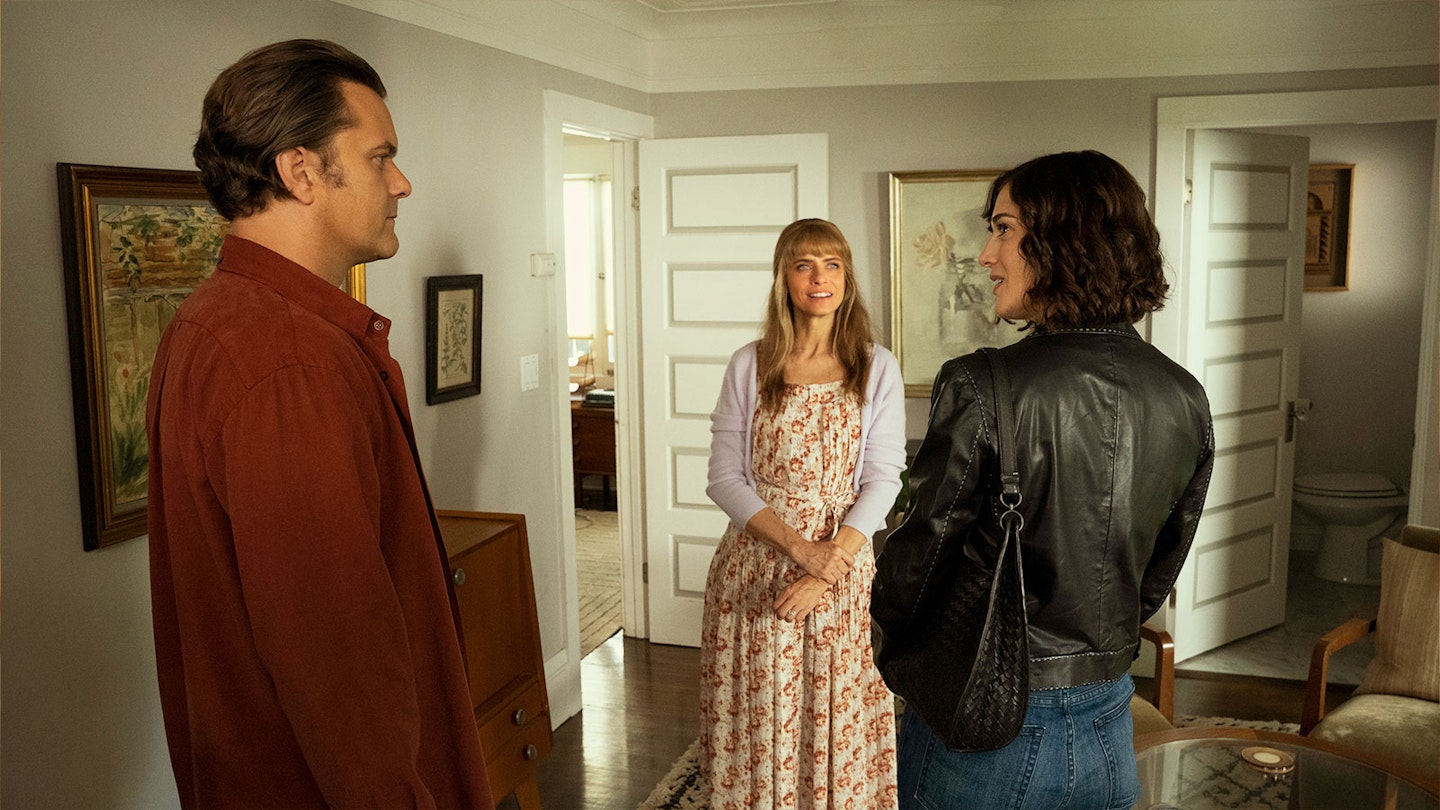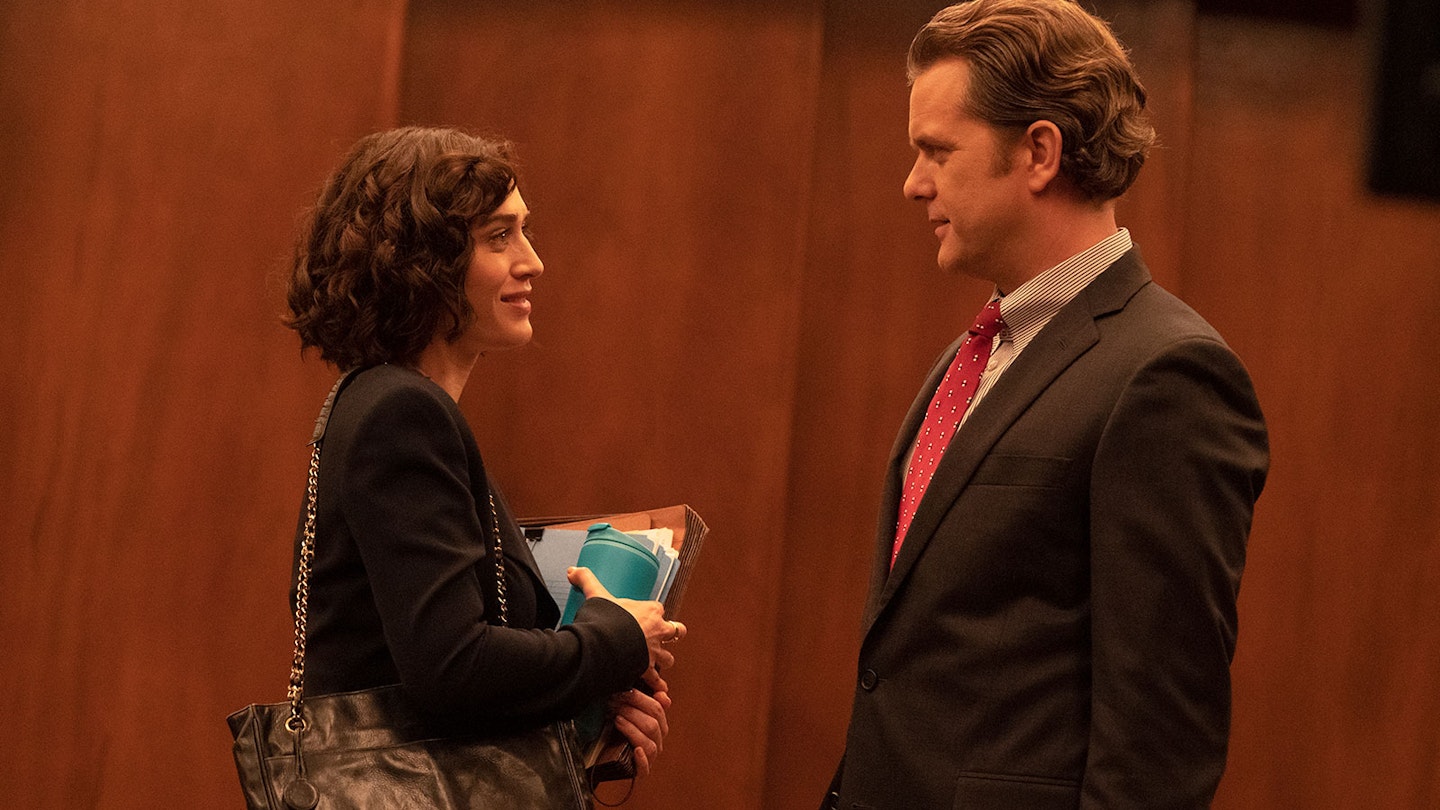Streaming on: Paramount+
Episodes viewed: 8 of 8
We all know this story, don’t we? A high-powered single career woman, Alex Forrest (Glenn Close), has a weekend affair with a married lawyer (Michael Douglas) and grows increasingly unhinged after she discerns his disinterest in continuing their relationship, preferring to remain with his wife and young daughter. Fatal Attraction, a cornerstone of erotic thrillers, directed by expert of the genre Adrian Lyne (see also: Indecent Proposal and Unfaithful) and a box-office smash on release in 1987, has entered the cultural lexicon in a manner that makes it close to sacrilegious to imagine it remade.

That brings us to the eight-part Paramount+ series which is doing precisely that, though the showrunner and writers, mostly women, promised a drastic rethink of the (dodgy) gender politics of the classic. Joshua Jackson is Dan Gallagher, a slick, quietly arrogant attorney whose external calm and cheerful family life hide rather more unruly ambitions and tempers. He meets a victim services legal aid advocate, Alex (Lizzy Caplan, all watchful dark eyes and unsettling poise), and they soon begin an affair destined to end unhappily and lethally, as that title promises.
The show’s surface-level interest in depicting mental health renders it fairly anodyne.
But by the time the reasonably well-choreographed sex scenes have kicked in, any glimmer of interest in the couple has faded. Caplan and Jackson stare meaningfully at one another, make jokes and glance shyly down at their cocktails, before finally ripping at one another’s clothes and tangling limbs with seeming abandon, but all the above is performed with very little actual chemistry.
There’s been a glut of erotic-thriller rejigs of late, reimaginings for a new, post-MeToo generation. Yet in spite of its creator’s pledges to the contrary, this series does shockingly little with the key plot points that make them seem any more geared toward female empowerment. There’s more fleshing out of the archetypal ‘bunny boiler’ as a woman with a troubled background and what seems to be a personality disorder, but the show’s surface-level interest in depicting mental health renders it fairly anodyne.
Set in the present day with flashbacks, the show also depicts the aftermath of the affair, following Gallagher’s grown daughter Ellen (Alyssa Jirrels). It seems that this fresh centring of the daughter, and exploration of how Dan’s actions have impacted the family, is another of the show’s attempts at depicting a more female POV in a traditionally rather anti-feminist story. And yet we still end up with put-upon, suffering women, and aggressive, ‘crazy’ ones, all of whom are in some fashion punished for their existence.
Visually, too, the show’s dark, corporate corridors, courtrooms, and blandly tasteful interiors are neither expressive enough to be noir-ish nor carefully drawn enough to make a real claim for authenticity. The result is something which more-or-less does the job without ever evoking any mood or feeling beyond ‘tedious’.
